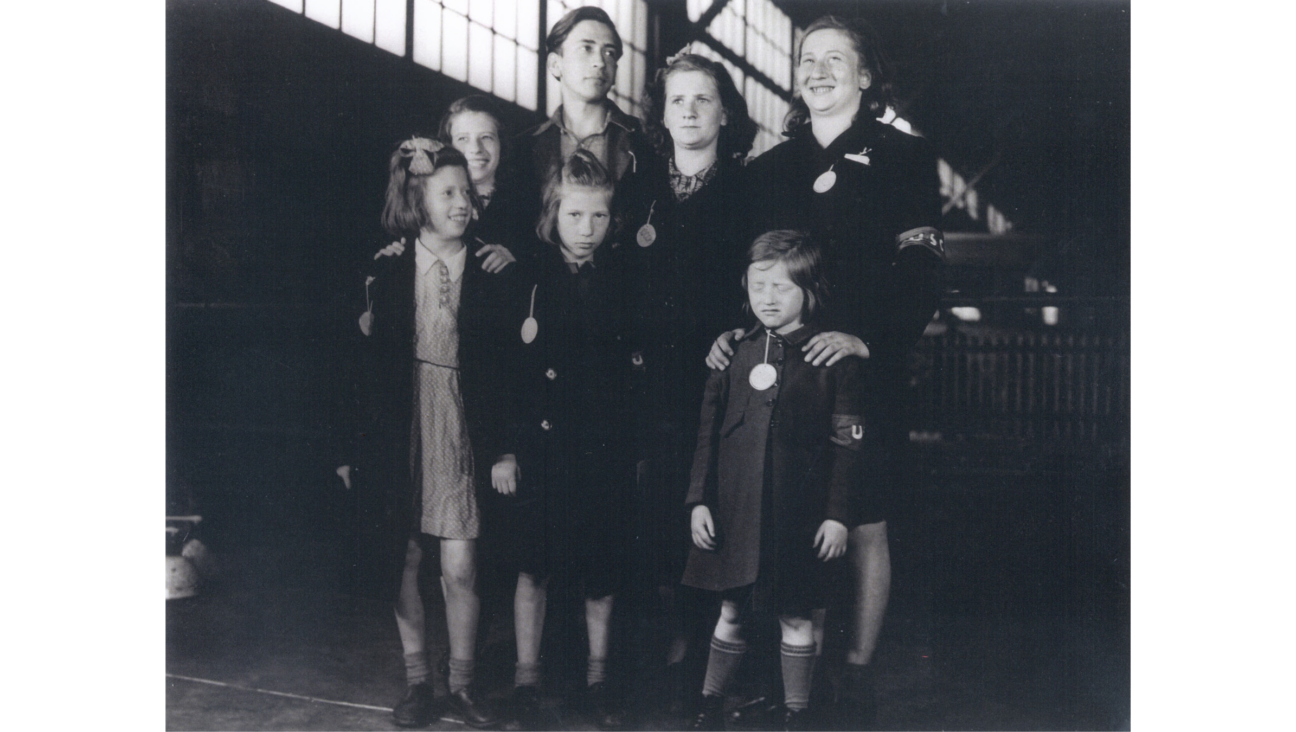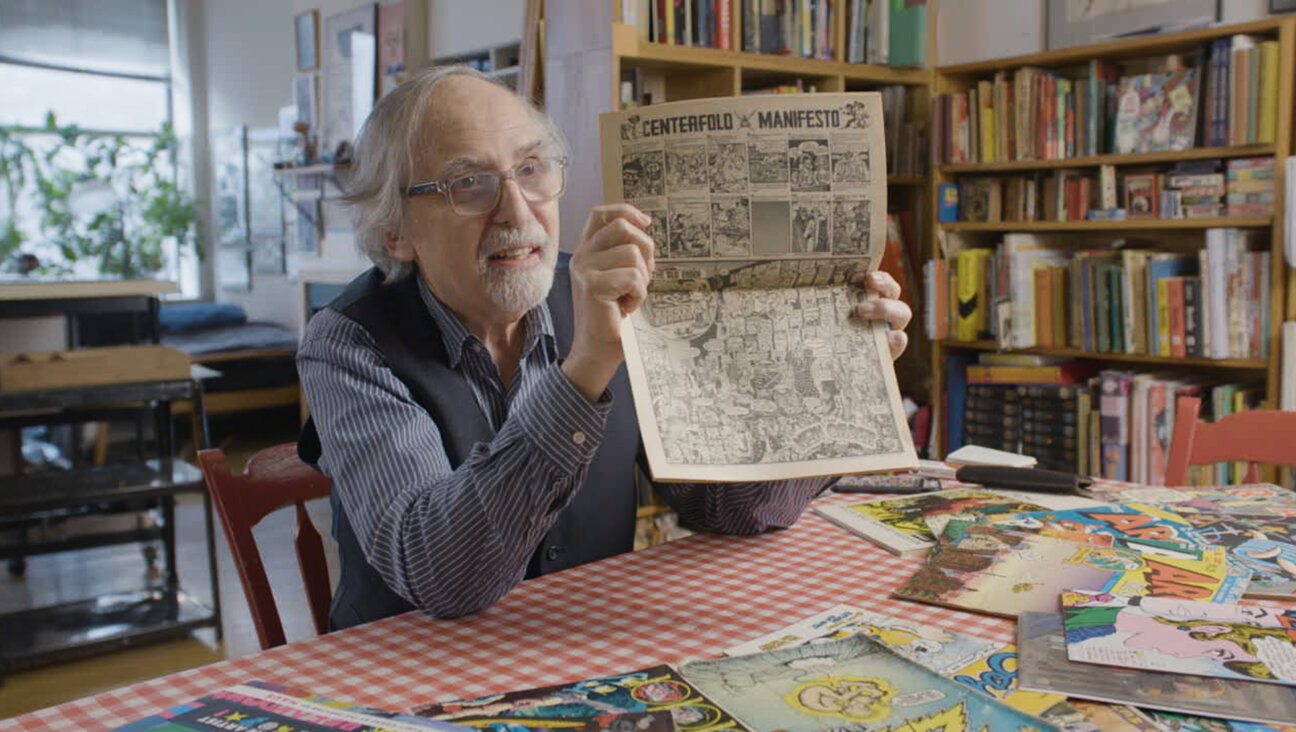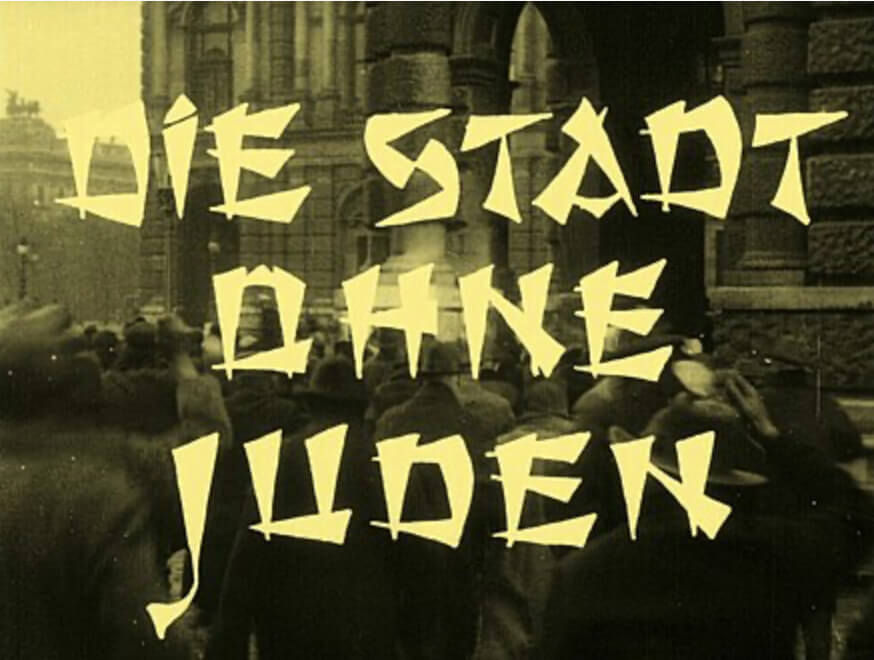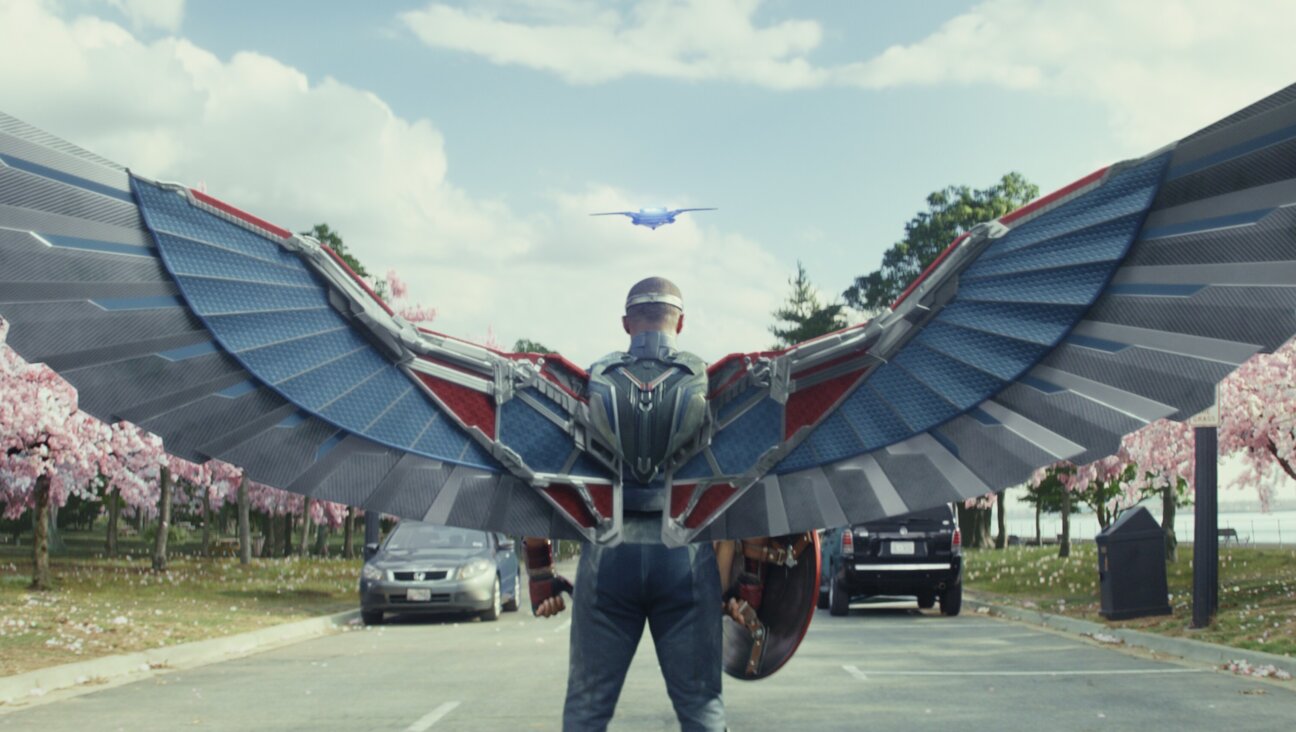Palestinian actor Mohammad Bakri is stuck in Tunis: ‘This virus is the enemy of everyone’

Image by Alina Dekel
Mohammad Bakri, the famed Israeli-born Palestinian actor and filmmaker, is, like many Israelis in the age of coronavirus, stranded abroad.
Bakri is in Tunisia, where he was shooting his newest film when the pandemic hit. Tentatively titled Leila Toghader Rouha (Leila abandons her soul,) the film tells the story of a young Syrian girl forced into an unwanted marriage to save her brother from the regime.
Currently though, he’s holed up in an apartment with fellow filmmakers in south Tunis’s old Jewish quarter. “It’s funny,” Bakri said, “I live in Israel among Jews, and whenever I go out I find myself among Jews. It’s nice.”

Image by Wiki Commons
Isolated in the remnants of old Jewish Tunis, Bakri has had a lot of time to think. The filmmaker, who garnered controversy in Israel for his documentary Jenin, Jenin,has found himself ruminating on the Israeli-Palestinian conflict that has served as the backdrop of his life and career.
“This virus is the enemy of everyone, no matter who you are or where you are, it is the common enemy of all of humanity,” he said. “I hope this can unite us and offer new questions about our relationships between ourselves and the other.”
He hopes that when it is all over peace could finally be a real option.
“I want the Israelis and Palestinians to be at peace. I want them to be at peace, to forgive each other, to accept each other, not to judge each other, not kill each other or hate each other. We need to start thinking differently after the coronavirus.” Bakri said. “To this virus, nothing is important. No borders, no flags, no land, no religion. Our struggles, our wars, our hatreds are nonsense compared to this enemy.” While his time in Tunis has offered him a new perspective, he still wants to go home.
“It’s different here. When you are stuck with your own people it’s one thing, but when you are stuck as a foreigner in some strange place it’s a whole other thing. It’s very difficult,” Bakri said.
On March 20, Bakri had attempted to fly back to Israel through Istanbul, from which he had a connecting ticket to Tel Aviv. He was refused entry into Turkey and sent back to Tunisia.
His family back home is healthy, but Bakri is still worried. There have been a few dozen coronavirus cases in their village of El Baneh in northern Israel, and more than 100 in the neighboring village of Deir El Asad. Both villages are not far from the city of Karmiel.
He is also a bit worried about himself in Tunis. As a 66-year-old with pre-existing medical conditions, he is particularly vulnerable to the virus.
Bakri has been in touch with both Israeli and Palestinian Authority officials about finding a route home, but with no official relations between Israel and Tunisia, progress has been slow going.
“I’m waiting, just waiting,” Bakri said. “And you know the wait is more exhausting than anything. When you are waiting for something that you don’t know when it will happen, how it will happen or even if it will happen, It’s a frightening feeling.
In the new season of Homeland, Bakri plays the character of Abdu Qadir G’ulom, who becomes the president of Afghanistan. What’s Bakri doing in Tunisia? Bingeing Homeland.
David Ian Klein is a journalist based in New York and doing a fellowship in Sarajevo, where he is now sheltering in place. Follow him on Twitter @daoudalqasir.
A message from our Publisher & CEO Rachel Fishman Feddersen

I hope you appreciated this article. Before you go, I’d like to ask you to please support the Forward’s award-winning, nonprofit journalism so that we can be prepared for whatever news 2025 brings.
At a time when other newsrooms are closing or cutting back, the Forward has removed its paywall and invested additional resources to report on the ground from Israel and around the U.S. on the impact of the war, rising antisemitism and polarized discourse.
Readers like you make it all possible. Support our work by becoming a Forward Member and connect with our journalism and your community.
— Rachel Fishman Feddersen, Publisher and CEO






























